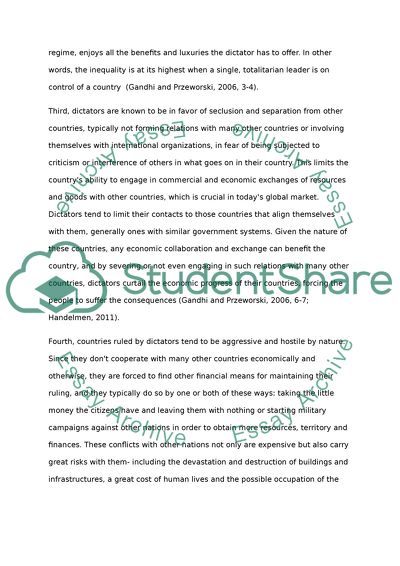Cite this document
(“The Third World: Dependency and Development Research Paper”, n.d.)
The Third World: Dependency and Development Research Paper. Retrieved from https://studentshare.org/politics/1797724-the-third-world-dependency-and-development
The Third World: Dependency and Development Research Paper. Retrieved from https://studentshare.org/politics/1797724-the-third-world-dependency-and-development
(The Third World: Dependency and Development Research Paper)
The Third World: Dependency and Development Research Paper. https://studentshare.org/politics/1797724-the-third-world-dependency-and-development.
The Third World: Dependency and Development Research Paper. https://studentshare.org/politics/1797724-the-third-world-dependency-and-development.
“The Third World: Dependency and Development Research Paper”, n.d. https://studentshare.org/politics/1797724-the-third-world-dependency-and-development.


